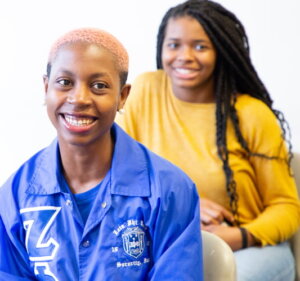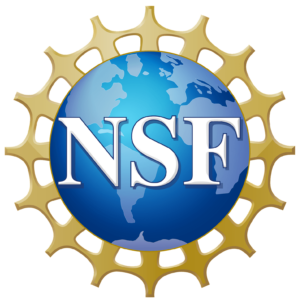

Computer Science at a Glance
DEGREES OFFERED
Computer Science B.S.
Computer Science Minor
RELATED PROGRAMS
Physics Program
Mathematics & Actuarial Science
COLLEGE
DEPARTMENT
Dillard University Computer Science Program
Earn your bachelor’s degree in Computer Science from Dillard University and open doors to endless career possibilities.
 A degree in computer science from Dillard equips you with a deep understanding of theories and emerging technologies, opening doors to exciting career opportunities in data-driven and digital-driven industries.
A degree in computer science from Dillard equips you with a deep understanding of theories and emerging technologies, opening doors to exciting career opportunities in data-driven and digital-driven industries.
Mission
The mission of the program in computer science is to provide you with knowledge of the design, modeling, analysis, and applications of computer-related systems. Our goal is to empower you with a deep knowledge of the core principles of computer science and explore how computers can be used to solve real-world problems.
The program offers you the opportunity to study and explore computer system architecture, cybersecurity, network modeling and analysis, programming languages and systems, artificial intelligence, computer science theory, database management, systems analysis and design, web site design and development, and scientific computing. It prepares students for graduate school or for career opportunities in private industry, public or governmental sectors, and the global marketplace.
Program Contact
School of STEM
2601 Gentilly Boulevard
New Orleans Louisiana 70122
Ph. (504) 283 – 8822
admissions@dillard.edu
Office Hours:
M-F 8 a.m. – 5 p.m.
Computer Science Degrees and Programs
With abundant research, practical experience, and networking opportunities, Dillard University’s chemistry program prepares you for a range of career paths in related fields.
Bachelor of Science in Computer Science
Begin your journey in computer science with our comprehensive program, totaling 121 credit hours structured as follows:
General Education Core: 41 credit hours Major Requirements: 55 credit hours Additional Coursework: 25 credit hours
Engage in hands-on learning experiences and contribute to community service initiatives. Accumulate 90 hours of community service by the end of the junior year, facilitated by the Center for Career and Professional Development.
To strengthen written communication skills, complete ENG 111 and ENG 112 with a minimum grade of 'C' to qualify for ENG 199 - Writing Proficiency Examination. Additional support available through ENG 200 - Review of Writing Strategies (3 credit hours).
Elevate your understanding and proficiency in computer science by pursuing a Computer Science minor, empowering you with valuable skills through 18 credit hours of diverse coursework.
Join Dillard University’s Computer Science program at Louisiana’s oldest HBCU and begin a journey rich in culture, discovery, and empowerment.
What can you do with a career in Computer Science ?
Student Learning Outcomes
 Begin a transformative journey in computer science, where students gain invaluable expertise and skills to thrive in dynamic technological landscapes. Through our program, students will:
Begin a transformative journey in computer science, where students gain invaluable expertise and skills to thrive in dynamic technological landscapes. Through our program, students will:
- Understand and apply the principles of computer science.
- Apply theoretical knowledge and analytical skills in problem solving.
- Demonstrate proficiency in data structures, algorithm design and research methodologies.
- Demonstrate knowledge of elements of computer hardware, architecture, software, programming languages, operating systems, data communications, database management, and systems analysis and design.
Careers for Computer Science Majors
Computer System Architecture, Cybersecurity, Network Modeling and Analysis, Programming Languages and Systems, Artificial Intelligence, Computer Science Theory, Database Management, Systems Analysis and Design, Web Site Design and Development, Scientific Computing
LS-LAMP Program
Louis Stokes Louisiana Alliance for Minority Participation, a program designed to increase the quality and number of minority students receiving bachelor’s degrees in STEM–science, technology, engineering and math.
Start your journey at Dillard University and become part of our community of leaders, thinkers, and artists.
Learn more about the admissions process and get started today.


